Many countries, Tanzania included, committed to the goal of achieving UHC. A key lesson from research evidence and country experience in implementation of pro-poor UHC is that public budget plays a crucial role in financing health care access for the poor. This paper...
Universal health coverage (UHC) in low-Income countries: Tanzania’s efforts to overcome barriers to equitable health service access
The Government of Tanzania has implemented a number of health sector reforms that promote UHC in the last two decades. This case study focuses primarily on the initiatives that foster UHC with a specific pro-poor lens. Tanzania’s efforts that can potentially benefit...
Universal health care coverage (UHC): healthcare financing and access to health care services in Kenya
Reliance on out-of-pocket (OOP) payments to finance health care is a barrier to health care access and can result in the impoverishment of households. Health care in Kenya is financed from three main sources: OOP expenditure (households), government expenditure and...
“We are called the et cetera”: experiences of the poor with health financing reforms that target them in Kenya
Kenya has implemented a number of healthcare reforms, demonstrating its intention to extend financial risk protection and service coverage for poor and vulnerable groups. These reforms include the provision of free maternity services, user-fee removal in public...
The progressivity of health care financing in Kenya
Healthcare financing should be equitable to ensure equal access to quality care and financial risk protection from exorbitant health care costs, through social health protection. In many low and middle income countries including Kenya, changes to healthcare financing...
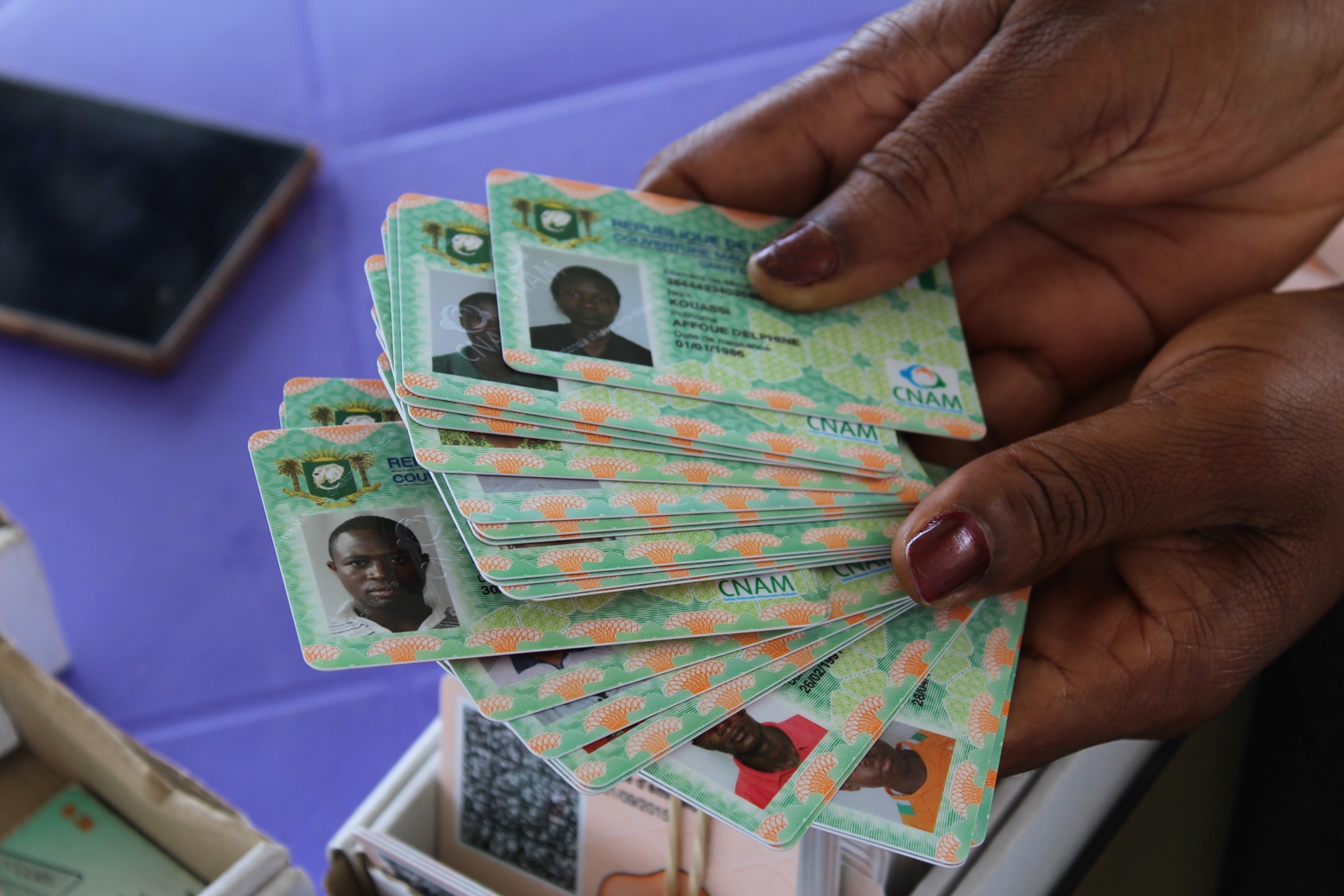
Côte d’Ivoire-CMU: Instructions for effective care
To date in Côte d'Ivoire, 3,165,273 people have been enrolled by the Caisse nationale d'assurance maladie, 3,048,485 people have been registered and 2,959,759 cards have been produced. The figures also show that 2,066,800 of the 2,959,759 cards produced were...
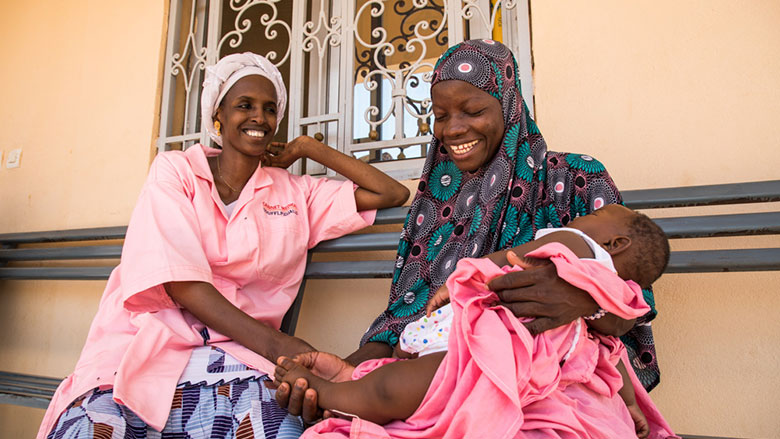
NIger: World Bank injects funds into maternal and child health
Niger's healthcare system is facing major difficulties. Despite the progress made in recent years, the country still has a high mortality rate among children under five (77 deaths per 1 000 live births in 2020), while stunted growth continues to have a...
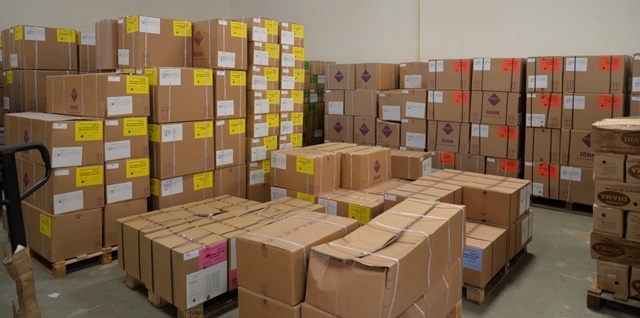
Niger- I3S project: 157 million CFA francs in medicines and consumables for women and children in the Dosso region
On Wednesday September 29 in Niamey, the Minister of Public Health, Population and Social Affairs, Mr Illiassou Idi Maïnassara, took delivery of medicines and medical consumables donated by the Initiative Santé Solidarité Sahel (I3S) project for children aged 0-5 and...
Out-of-pocket (OOP) payments, catastrophic health expenditure and poverty among households in Nigeria
Despite the operationalisation of the national health insurance scheme in 2005, high reliance on OOP health payments as a means of financing health system in Nigeria persists. OOP health payments can generate catastrophic expenditures leading to household...

Covid-19: Ten million Malaysians to receive financial aid
Malaysia allocates RM3.1 billion for implementing Covid-19 special assistance (BKC), aiming to reduce the impacts of COVID-19, starting from September 6. BKC provides to 4.4 million households that include 1.1 million single senior citizens and 4.5 million single...
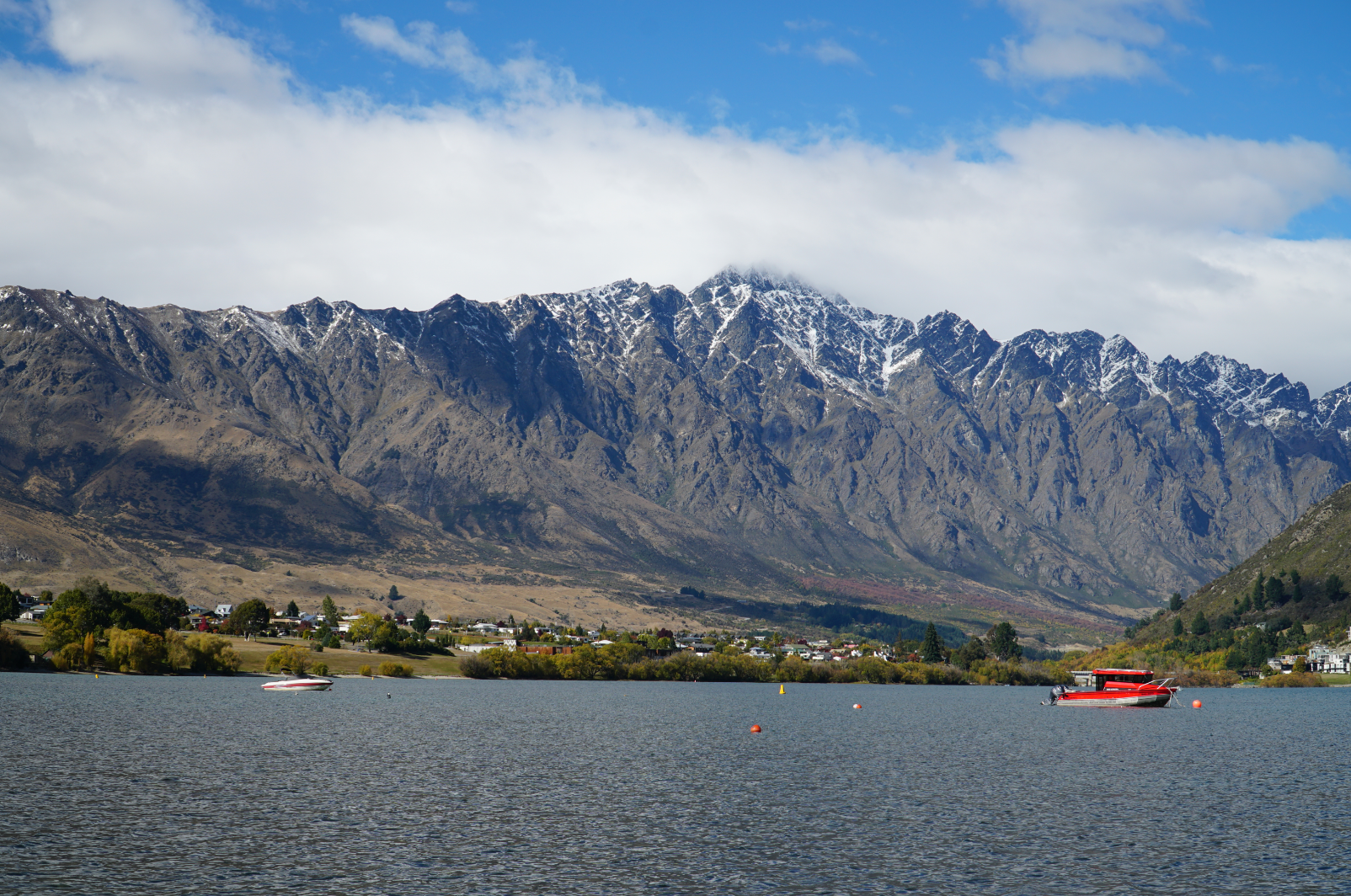
Smaller firms receives COVID wage subsidy in New Zealand
New Zealand paid over $876 million for the Covid-19 wage subsidy scheme so far to support more than a quarter of the country's employees affected by COVID-19. Of the 781,364 jobs are covered under the scheme, 14 percent were for self-employed workers....
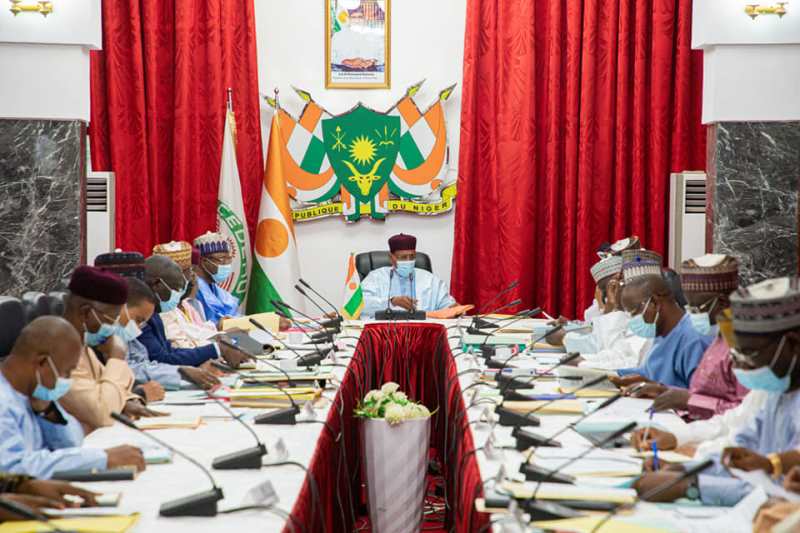
NIGER: Creation of the Institut National d’Assistance Médicale (INAM)
Extract from the Council of Ministers held this Wednesday, September 23, 2021 under the chairmanship of the President of the Republic of Niger, SEM Mohamed BAZOUM. The Council of Ministers has adopted a draft decree creating a social public establishment called the...
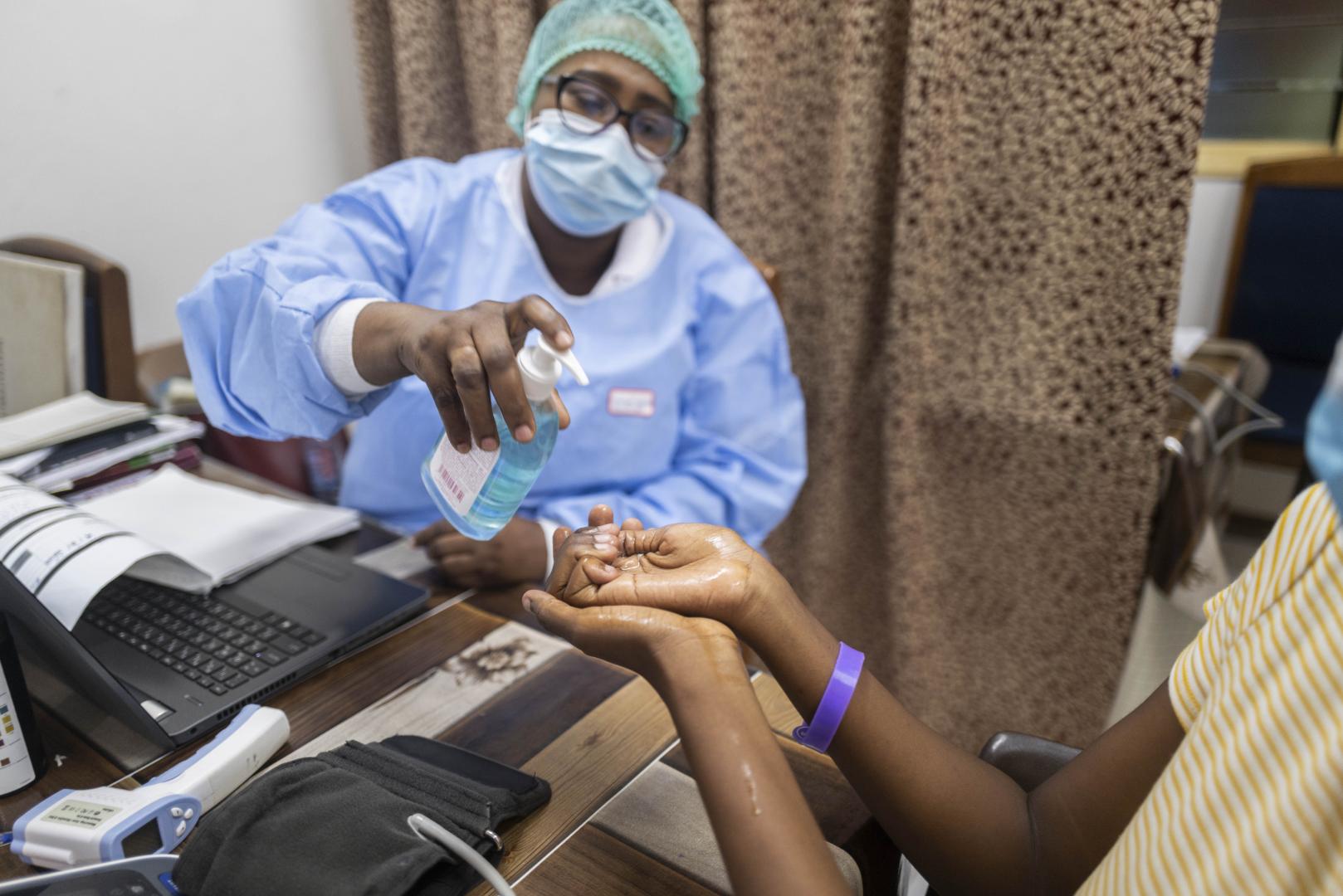
Senegal: a resilient health insurance model in times of Covid-19
In recent years, Senegal has embarked on several strategies to finance healthcare, with the risk of a certain fragmentation. Visit strategic plan for the development of universal health coverage 2013-2017 aims to cover at least 75% ...

P4H members ILO and WHO met to discuss social health protection in Ethiopia
In August, representatives from WHO and ILO met to discuss their work to support Universal Health Coverage (UHC) and strengthen social health protection in Ethiopia. The ILO team gave an overview of the PROSPECTS project, a new Partnership on Inclusive Jobs and...
Perspectives on financing population-based health care towards universal health coverage (UHC) among employed individuals in Ghanzi district, Botswana
Although health care in Botswana is highly subsidized and mainly financed through government taxes (68 %), 4.2% of the households still pay out of pocket exposing them to the risk of catastrophic health expenditures. In Botswana, 83% of the general population and 58%...
